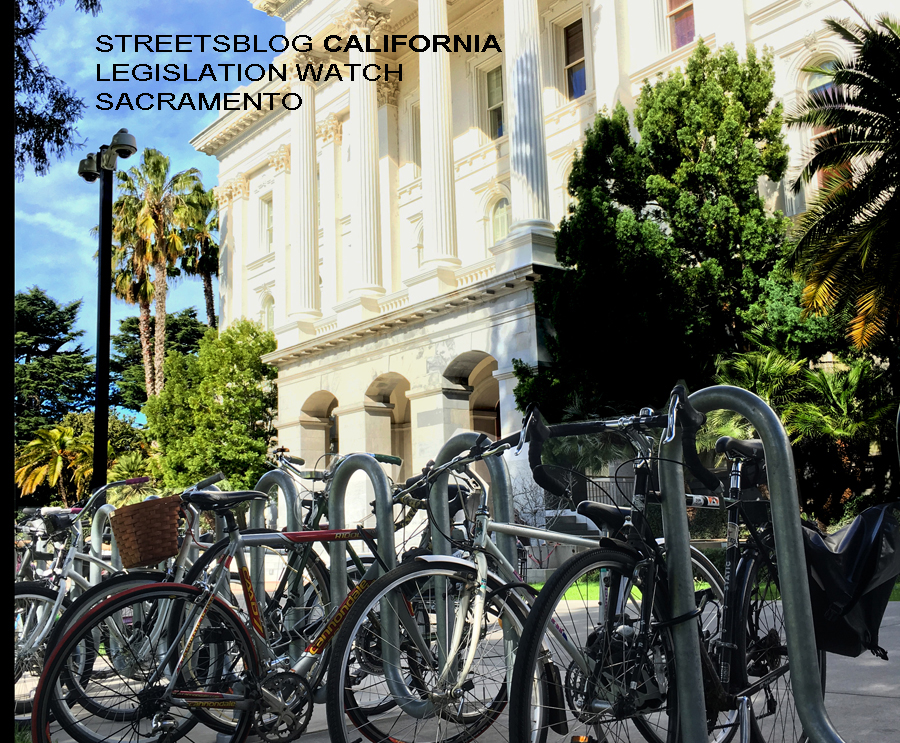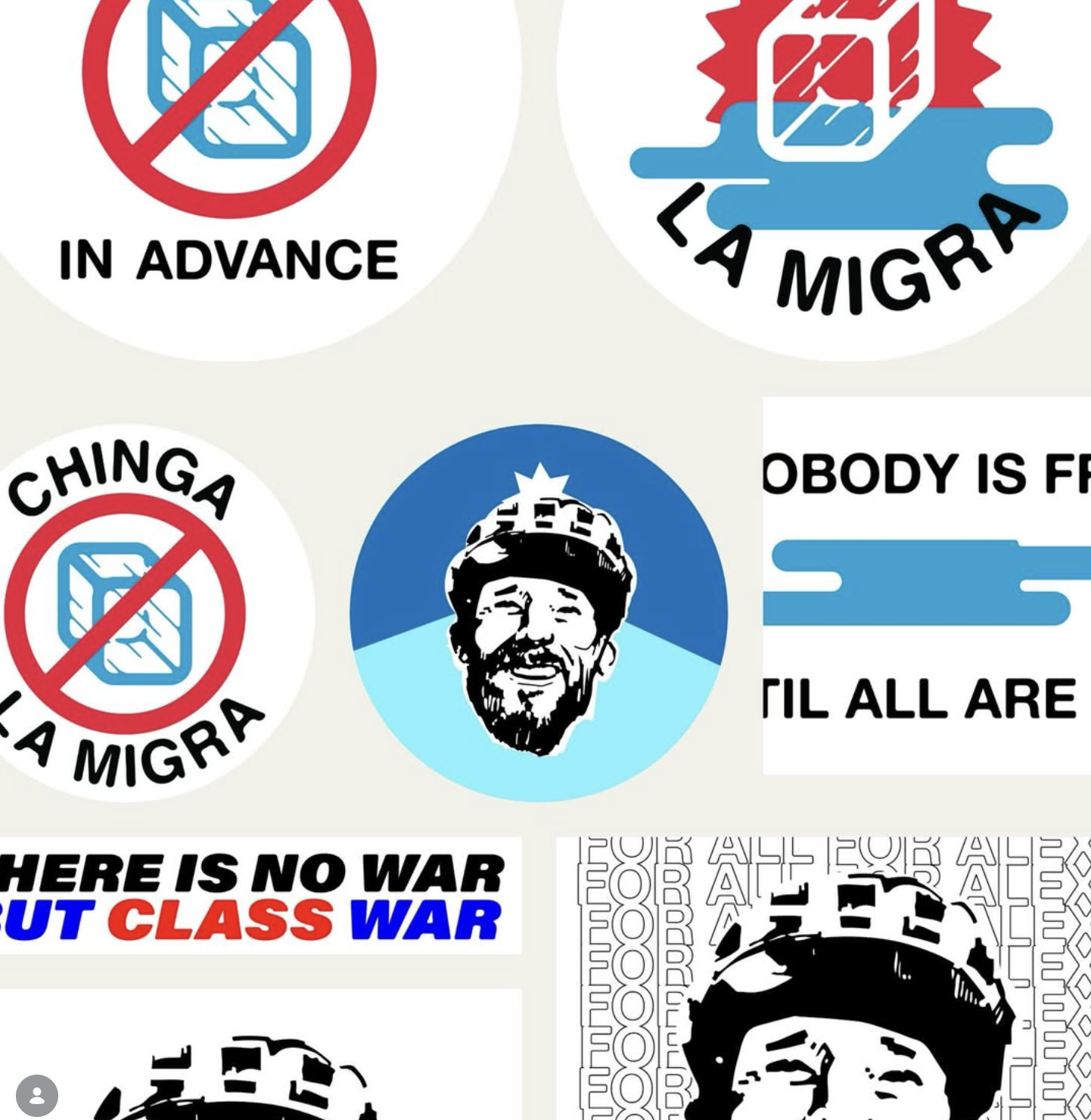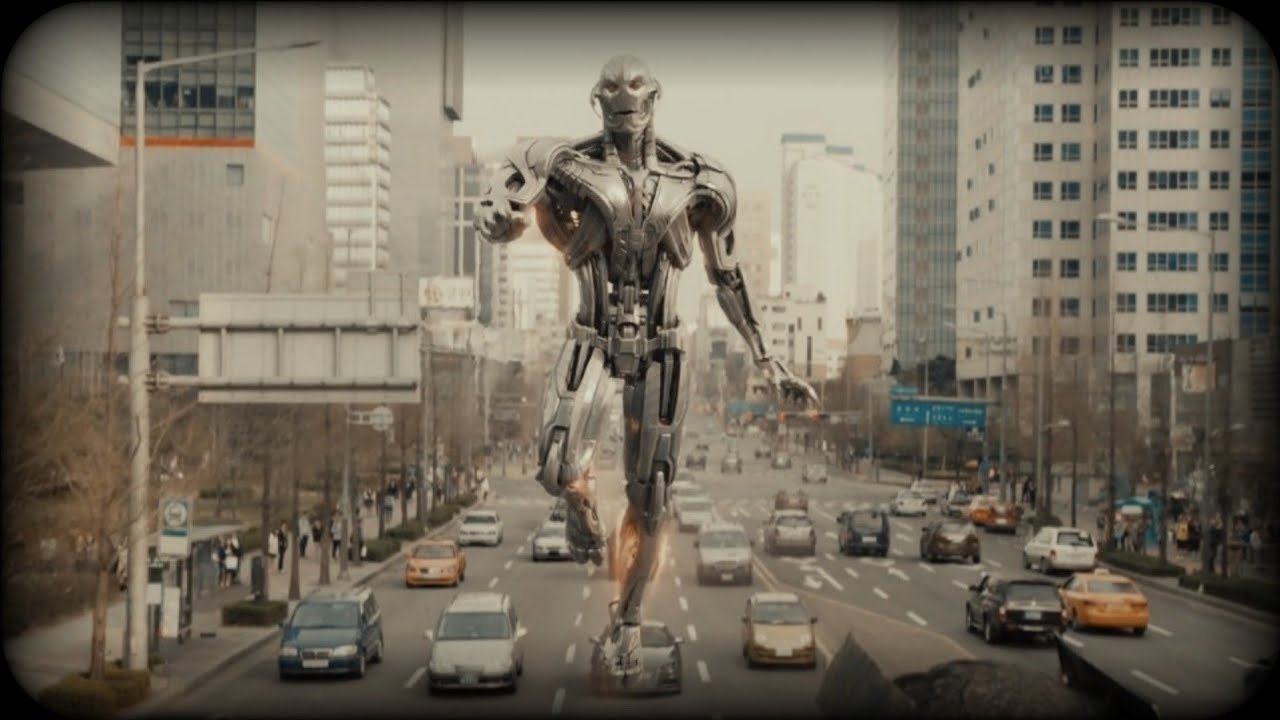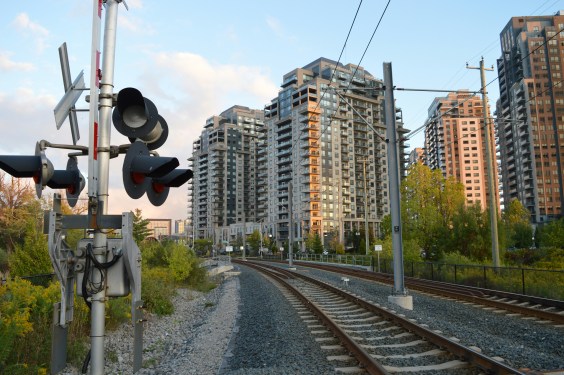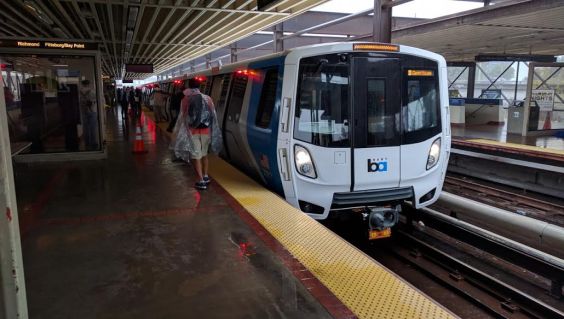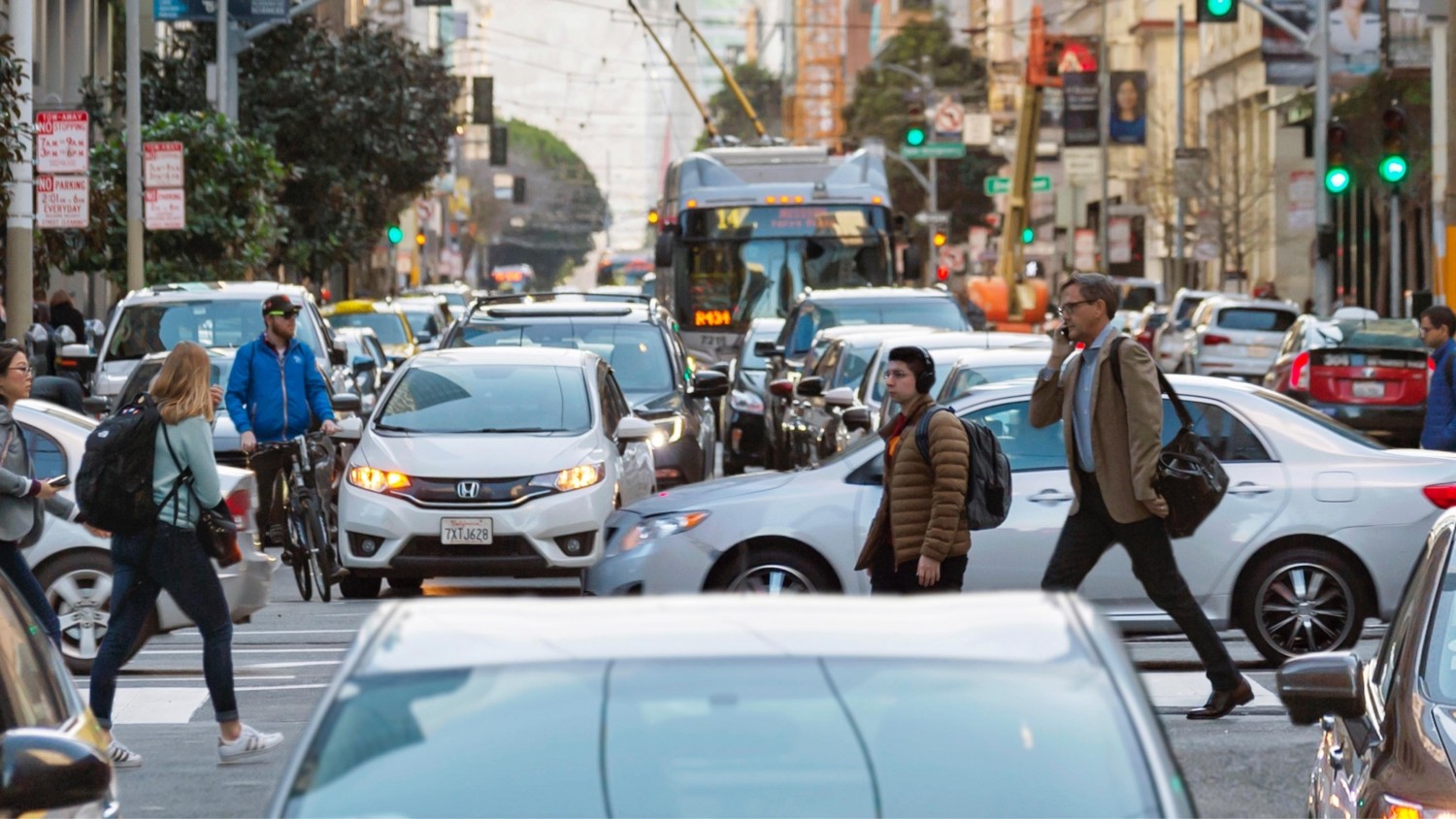Here is a very incomplete summary of bills that have passed their policy committees this week, which is the deadline to do so. If they failed to pass, they are dead for this year. If they passed, they have to either go to a finance committee or to a floor vote before being passed along to the next house. These are in addition to the Complete Streets bill that passed earlier this week.
Amtrak can't sell bus tickets to anyone but train riders. At least, that's what current law says, based on arguments from private bus companies about unfair competition. But the result has been little to no intercity bus service in California, making it impossible for people in many areas to get anywhere without a car, as well as empty Amtrak buses. They serve train riders, but Amtrak has not been allowed to sell tickets to anyone who doesn't have a train ticket. If S.B. 742 passes, that prohibition will be removed.
At this week's Senate Transportation hearing, a representative of the California Bus Association--private bus operators like Greyhound and Bolt--complained that it opens the door to a system of unfair competition wherein "taxpayer-funded" public services compete with private companies. Chair Jim (D-Campbell) prodded him on this, asking if the private companies benefited from publicly funded bus terminals and stations (answer: yes).
But private bus companies have not stepped in to provide services where they're needed, while the Amtrak connector buses, which at least connect cities to the train system, often run empty even though they stop in many cities and could easily add passengers on those connecting routes. Allen insisted that the bill was not aimed at competing with private companies. "Private companies only provide services to the most profitable routes, which is understandable," said Allen. This bill is a "a more common-sense approach to making bus connections. Amtrak Throughway buses are often the only transportation service available [in some cities]. We want to make sure we're filling up those buses."
The bill passed, 12-0, and is headed to the Appropriations Committee.
E-bikes are zero-emission vehicles, but the state's incentive programs aimed at reducing greenhouse gas emissions don't recognize that. One such program, Clean Cars 4 All, trades vouchers for electric cars or "mobility options" like car-share or transit passes in return for high-polluting vehicles, which are destroyed. S.B. 400, from Senator Tom Umberg (D-Santa Ana), would add e-bikes and bike-sharing to the mobility options available in that program.
The bill had several witnesses to support it, include Laura Podolski from the UC Davis Institute of Transportation Studies. She highlighted a recent UC research brief that found evidence that e-bikes can reduce up to half of a rider's vehicle miles with e-bike miles.
With no opposition, the bill passed onto to Appropriations.
Heavy-duty trucks do not have to complete a smog test. Senator Connie Leyva (D-Chino) aims to change that with S.B. 210, which would require all trucks used in California to do so. Over one million heavy-duty trucks drive in California, she said, adding up to sixty million miles every day. There are regulations covering their emissions, but individual trucks are not subject to smog tests the way every California personal vehicle is. Among other things, said Leyva, that creates a competitive disadvantage for those companies that are cleaning up their fleets.
The bill would create a pilot program for smog checks, and require the Air Resources Board to come up with a plan for dealing with trucks registered outside of California as well. S.B. 210 passed 6-3.
Senator Nancy Skinner (D-Berkeley) also presented S.B. 44, which calls for the Air Resources Board to develop a comprehensive strategy on emissions from medium- and heavy-duty vehicles in the state. "One of the key ways to address air pollution and greenhouse gases is getting at petroleum-based diesel because it creates a significant amount of particulate and smog-causing pollution, and 25 percent of transportation emissions," said Skinner. "This bill is technology and fuel neutral, and aimed at bringing more attention to heavy- and medium-duty vehicles" which are big contributors to California's air quality problems. This bill passed the committee 9-3, and is on to Appropriations.
